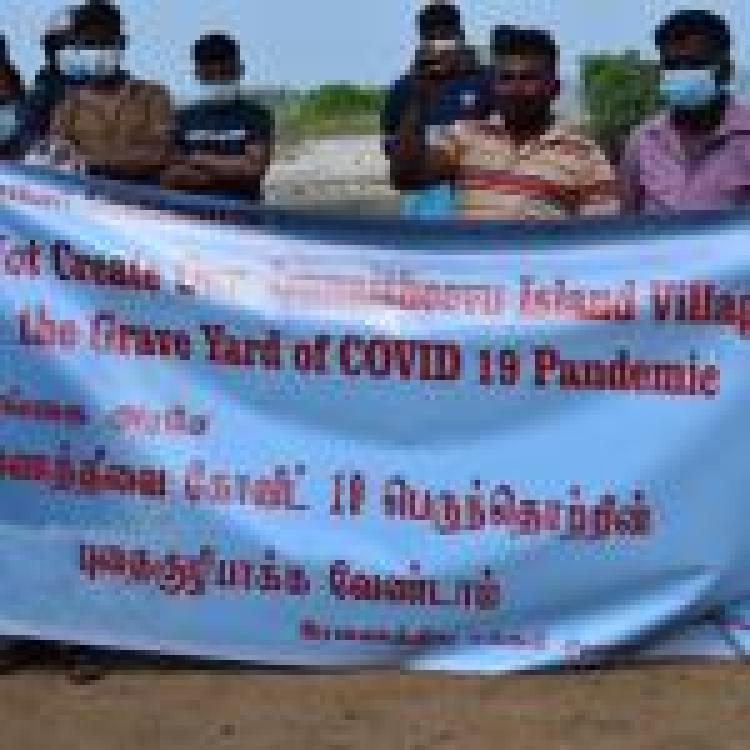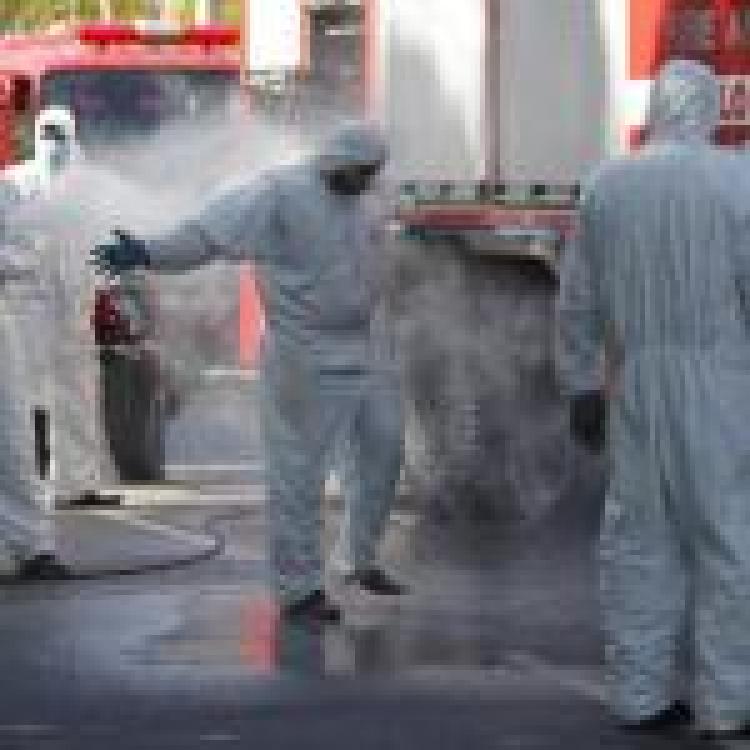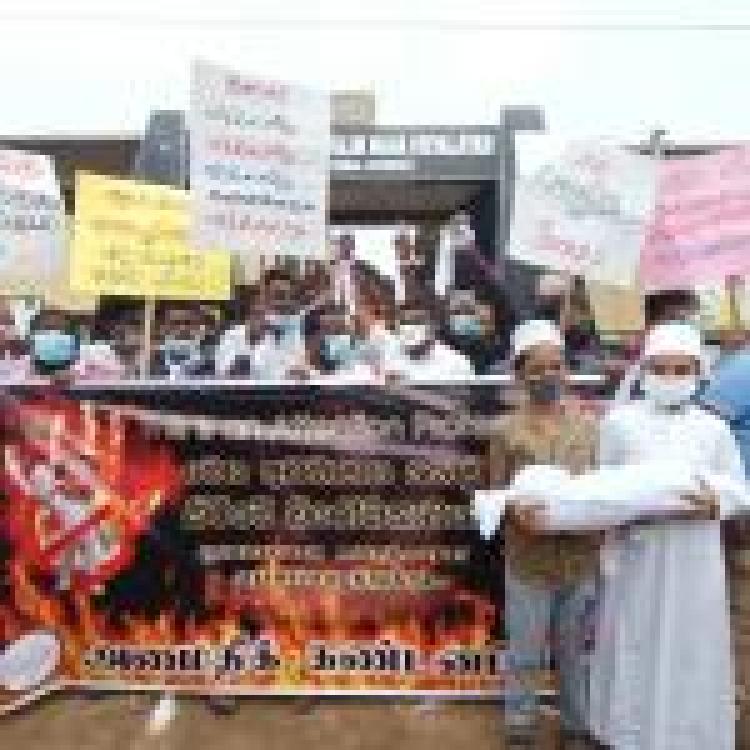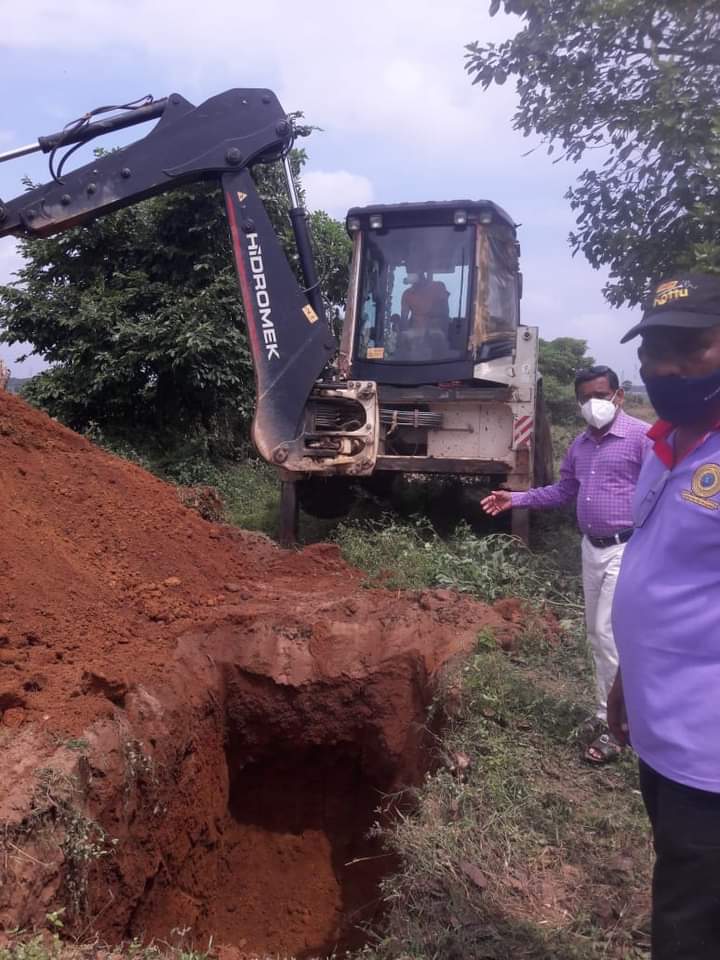
Nine bodies were buried in a second burial site in Oddamavadi, Batticaloa today after the Sri Lankan government lifted a ban on burials for COVID-19 victims, which has generated months of controversy and protest from the island's Muslims.
The Oddamavadi divisional secretary announced today that permission had been granted for a second burial ground in the Soodupaththinachenai area in Oddamavadi, Batticaloa. Military personnel were present whilst the graves were being dug which was tasked to the Ministry of Health and Institute for Geology.
Last week, the Sri Lankan government had designated the island of Iranaitivu for burials, which was widely condemned and sparked protests by Tamil and Muslim civil society members. The decision had been criticised by many as a ploy by the government to induce tensions between Tamil and Muslim communities regarding cremations. Despite this, anti-government protests were staged following the announcement.
The Sri Lankan government has faced criticism for selecting prospective burial grounds for coronavirus victims almost solely in the island's North-East.
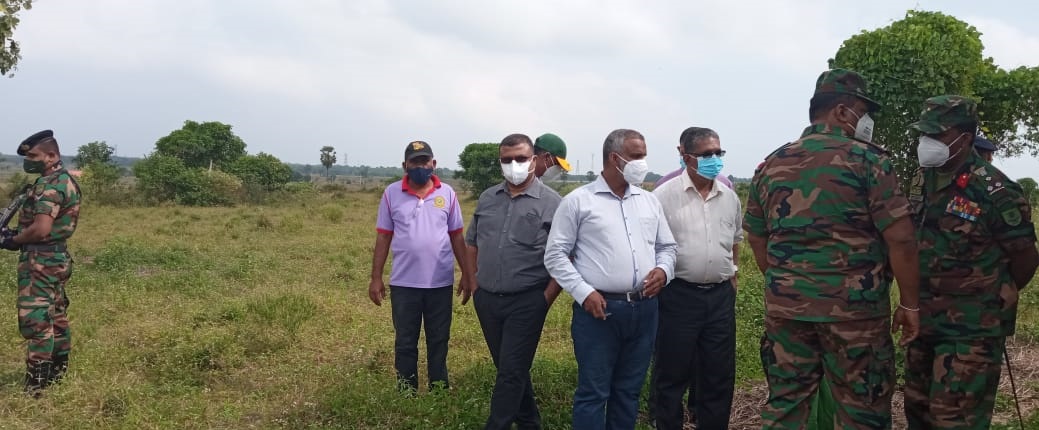
Burials have yet to begin at Iranaitivu, which was reclaimed by Tamils in 2018 after more than 25 years of military occupation.
The Sri Lankan navy in 1992, displaced at least 242 families. On May 1 2017, Tamil villagers began a protest to reclaim their land. Following 359 days of continuous protest on the mainland and after repeated failed promises from the Sri Lankan government, the villagers decided to take actions into their own hands. In 2018, the villagers sailed back to their homes and bravely insisted the would not move until their land was presented back to them, despite risking repercussions from the Sri Lankan military for their resistance.
There is still no update on any other burial locations.
Read more at the Newswire

